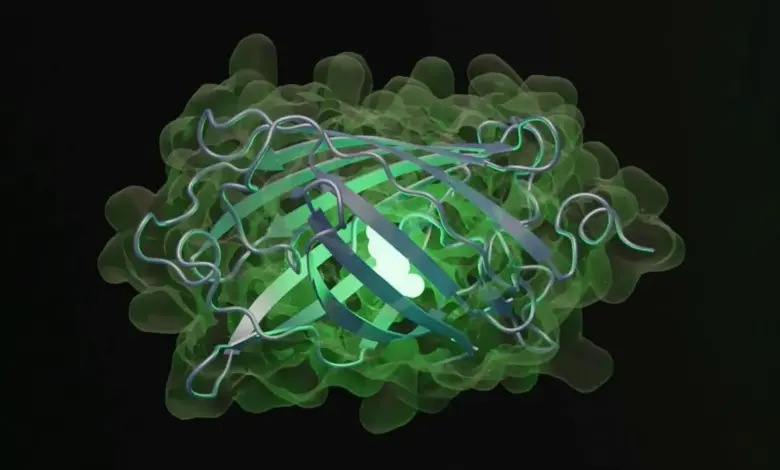AI Innovations in Protein Engineering: EVOLVEpro Accelerates Protein Evolution 10-100 Times, Including CRISPR Nuclease and T7 RNA Polymerase

Recent advancements in protein design and engineering have been highlighted through various studies and presentations. A notable contribution is the introduction of EVOLVEpro, a large language model (LLM) designed to accelerate protein evolution by 10 to 100 times. This model utilizes few-shot learning to enhance the efficiency of evolving proteins, including applications for antibody optimization, CRISPR nucleases, and other genome editing tools. Additionally, researchers are addressing the challenges in predicting protein-ligand complexes, emphasizing the need for accessible data and evaluation methods. A collaborative effort involving institutions such as NVIDIA and MIT CSAIL has led to the development of PLINDER, aimed at improving the prediction of protein interactions. Furthermore, a new AI model has been created by former Meta scientists, which is capable of generating proteins that do not exist in nature, marking a significant milestone in the field. These innovations reflect a growing trend of integrating artificial intelligence into biological research, promising to unlock new functionalities in protein engineering.
Tags: Technology, AI




